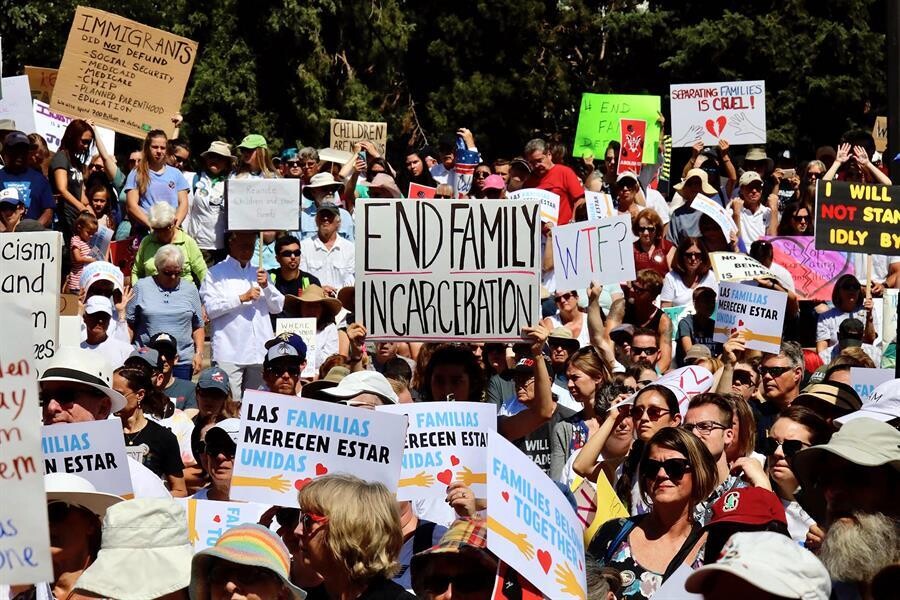
President Donald Trump has issued an order to eliminate automatic citizenship for the children of undocumented immigrants and some foreign nationals with legal residency in the U.S., including those with tourist visas. Although this measure challenges the 14th Amendment of the Constitution, which guarantees citizenship to anyone born in the country, Trump argues that stricter rules are needed to grant citizenship.
The presidential decree has generated a series of lawsuits and criticisms, arguing that it violates the constitutional rights of immigrants. Organizations such as Civil Rights Defense Attorneys and 22 states have claimed that this measure violates fundamental rights established by the Constitution. Although a baby's birth certificate in the U.S. does not include information about the immigration status of the parents, this document is sufficient to demonstrate citizenship when applying for a passport for the newborn.
Trump's intention with this executive order is not to modify the Constitution, but to change its interpretation and restrict access to documentation related to the citizenship of babies born in the U.S. This would imply that state agencies confirm the immigration status of the parents and include it in the birth certificates. If this measure were to be implemented, federal agencies would be required to verify the immigration status of the parents before issuing documents such as passports.
The controversy generated by this presidential order points to a possible constitutional challenge and a lengthy legal process in which the Supreme Court of the United States could become involved. Some experts warn that the current composition of the court favors the ultra-conservative positions supported by Trump, which could pose a risk to the resolution of this conflict.
In summary, the order issued by Trump seeks to change the rules related to the citizenship of babies born in the U.S., creating uncertainty among immigrants and civil rights advocates who believe that this measure undermines constitutional principles and fundamental rights of individuals.














